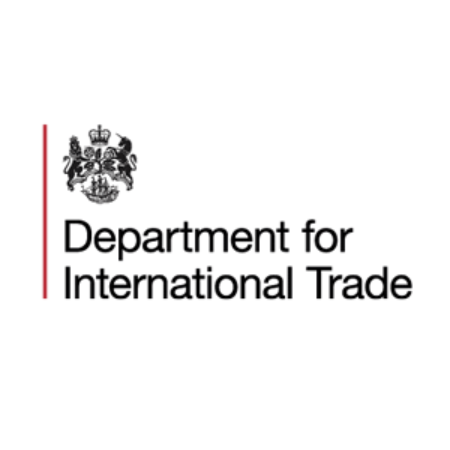
The Department for International Trade (DIT) has launched a consultation seeking views on proposed changes to the trade preference scheme which reduces or removes import tariffs for 70 developing countries.
Full details of the proposals, which are available for comment until 12 September 2021, can be found at https://ditresearch.eu.qualtrics.com/jfe/form/SV_71Uup1kN0ZhD8tE
In particular, the DIT would welcome views on rules of origin requirements for least developed countries (LDCs) and on reducing tariffs for low income and lower-middle income countries.
It is also seeking comments on the approach to goods graduation, which suspends reduced rates on some goods, and the conditions and reporting requirements for low or lower-middle income countries.
The UK’s own Generalised Scheme of Preferences (GSP) has been in place since 1 January 2021. The scheme reduces and removes those tariffs reduced or removed by the EU GSP, which the UK GSP largely replicated, providing continuity of trade access for 70 developing countries.
Following the end of the transition period and the resumption of an independent trade policy, the UK has an opportunity to develop a new scheme. The new UK preferences scheme (to be known as the Developed Countries Trading Scheme) will take effect in 2022.
The current scheme means that UK importers pay lower (often zero) tariffs on goods from 70 developing countries.
This includes 47 countries in the Least Developed Country Framework (LDCF) and 23 additional countries classified by the World Bank as low income and lower-middle income countries.
The eligibility criteria based on international classifications is not in the scope of the consultation and the UK will continue to exclude upper-middle income and high-income countries under the new scheme.

Department for International Trade
The Department for International Trade is a UK government department responsible for managing trade agreements between the UK and foreign countries, as well as for encouraging foreign investment and export trade.






























